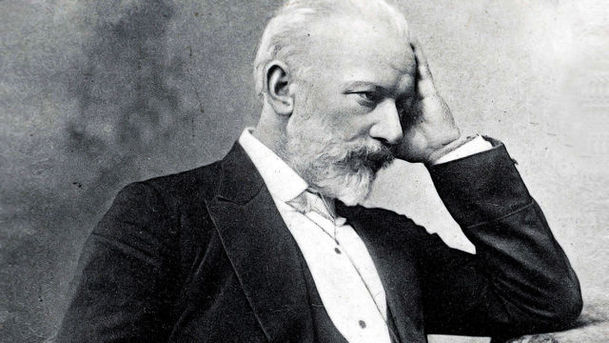Composer of the Week - Pyotr Il'yich Tchaikovsky (1840-1893) - Episode 2

Donald Macleod takes a series of snapshots of a period that lay at the centre of Tchaikovsky's creative life, from 1876 to 1890. In 1877, Tchaikovsky took a sudden decision to get married. He wasn't the first or last homosexual man to do so, but the repercussions were calamitous, and the event triggered a crisis from which some believe Tchaikovsky never fully recovered. However, this was also the year of two superlative pieces of music, both awash with references that listeners have since interpreted as autobiographical. Eugene Onegin (excerpt from the Introduction) Orchestre de Paris Semyon Bychkov (conductor) Philips 438 235-2 CD1, Tr 1 Eugene Onegin (excerpt from the Letter Scene, Act 1) Tatyana ...... Nuccia Focile (soprano) Orchestre de Paris Semyon Bychkov (conductor) Philips 438 235-2 CD1, Tr 11 Eugene Onegin (excerpt from Act 1 conclusion) Tatyana ...... Nuccia Focile (soprano) Eugene Onegin ...... Dmitri Hvorostovsky (baritone) St Petersburg Chamber Choir Orchestre de Paris Semyon Bychkov (conductor) Philips 438 235-2 CD1, Trs 14-15 Symphony No 4 in F minor (excerpt from 1st mvt) Leningrad Philharmonic Orchestra Evgeny Mravinsky (conductor) DG 419 745-2 CD1, Tr 1 Eugene Onegin (excerpt from Act 3 conclusion) Tatyana ...... Nuccia Focile (soprano) Eugene Onegin ...... Dmitri Hvorostovsky (baritone) St Petersburg Chamber Choir Orchestre de Paris Semyon Bychkov (conductor) Philips 438 235-2 CD2, Tr 15.